Las Vegas’ $7.5B Project Aims to Redefine the Smart City
The project, which will take about six years to build out, is sponsored by Bleutech Park Properties and is slated to break ground in December.
Bleutech Park Las Vegas, a $7.5 billion project aimed at creating a mixed-use mini-city with net-zero buildings that will feature renewable energy, artificial intelligence, augmented reality, Internet of Things, robotics, autonomous transportation and self-healing concrete structures, is scheduled to break ground in December. The smart city is expected to take six years to build out.
READ ALSO: Grappling With Cyber Threats in a Smart Building Era
The ambitious digital infrastructure city, the first of its kind in the world, is sponsored by Bleutech Park Properties, a REIT that is supported by institutional investors and private equity investments. Strategic partners include technology leader Cisco and contractor Martin-Harris Construction. Melvin Green, principal at KME Architects, is the local architect of record. Las Vegas developer Khusrow Roohani has been a driving force in bringing the project to the city. Bleutech Park Las Vegas is expected to create more than 25,000 jobs and provide on-the-job training programs for workers to learn state-of-the-art technology and construction techniques.
The mixed-use project will feature workforce housing, office and retail space, luxury residential, hotel and entertainment venues while also showcasing energy generation and storage, waste-heat recovery, water purification, on-site waste treatment and localized air cleaning. Bleutech says the development will use new technologies that will alter the future of construction design.
Flooring within the complex will capture and reuse the energy of human movement throughout the spaces, including common areas and parking structures. Photovoltaic glass will be standard in all the structures, turning the building exteriors into single solar panels. Resources for heating, cooling, lighting and electricity will be harvested on-site, while robotics will provide security through biometrics and other technologies.
Smart project in Spokane
On a much smaller scale, Spokane, Wash., is also getting a net-zero-energy project. Last month, a joint venture of McKinstry Co. and Avista Corp. unveiled a $100 million development for two neighboring buildings in Spokane’s University District that will also use state-of-the-art strategies for energy operations and construction materials.
The project consists of two structures at the South Landing of the new Gateway Pedestrian Bridge. Catalyst, a five-story, 159,000-square-foot building will have offices, classrooms and dry labs for Eastern Washington University. The Hub, a 40,000-square-foot building with a restaurant, offices and a generating plant that will power both buildings, will be constructed across the street from Catalyst. They are slated for completion in mid-2020.
Cross-laminated timber, an alternative to conventional concrete and steel framing, will be used. Other sustainable features will include rainwater recovery for a gray water system, low-flow plumbing fixtures to conserve energy and a smart building management system maximize energy efficiency that will utilize IoT, machine learning and AI.

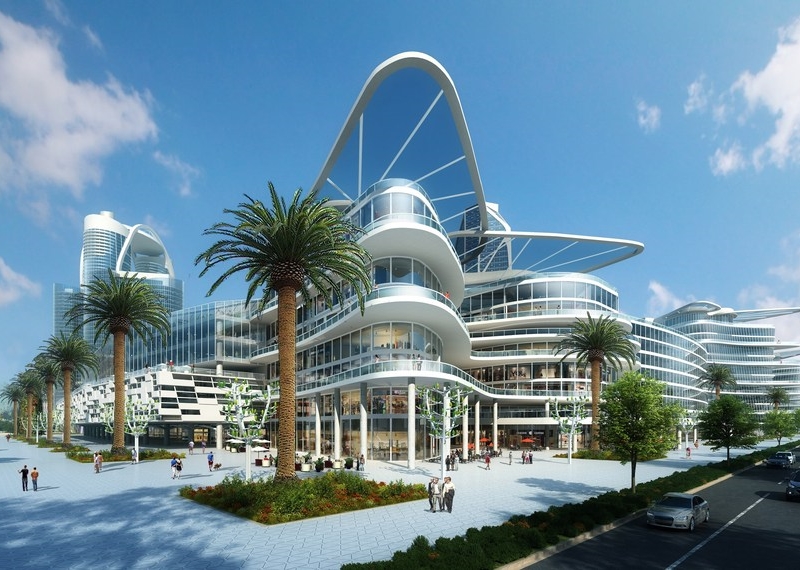
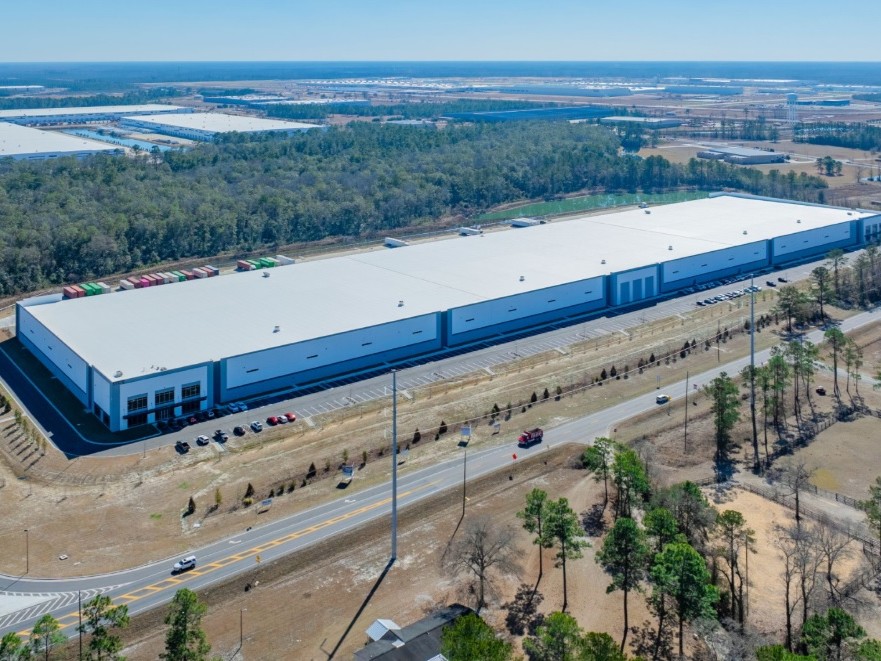
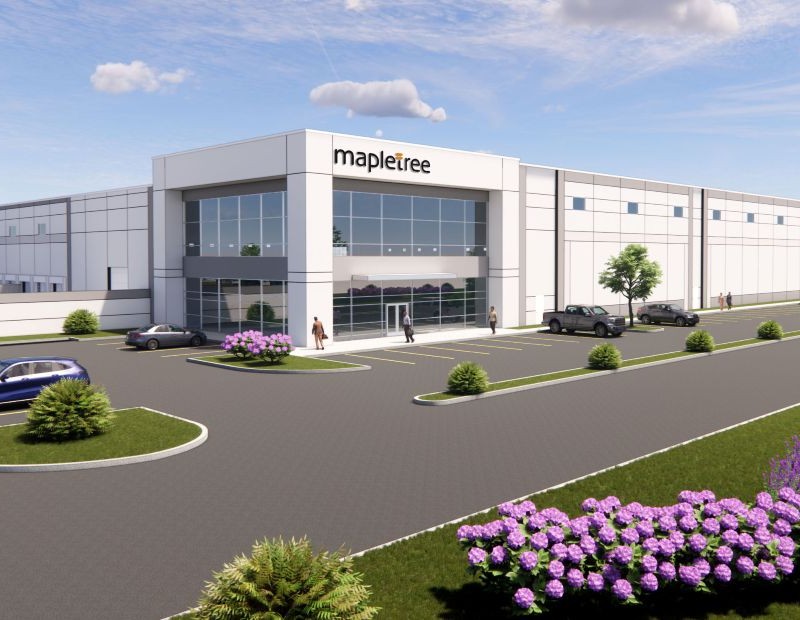
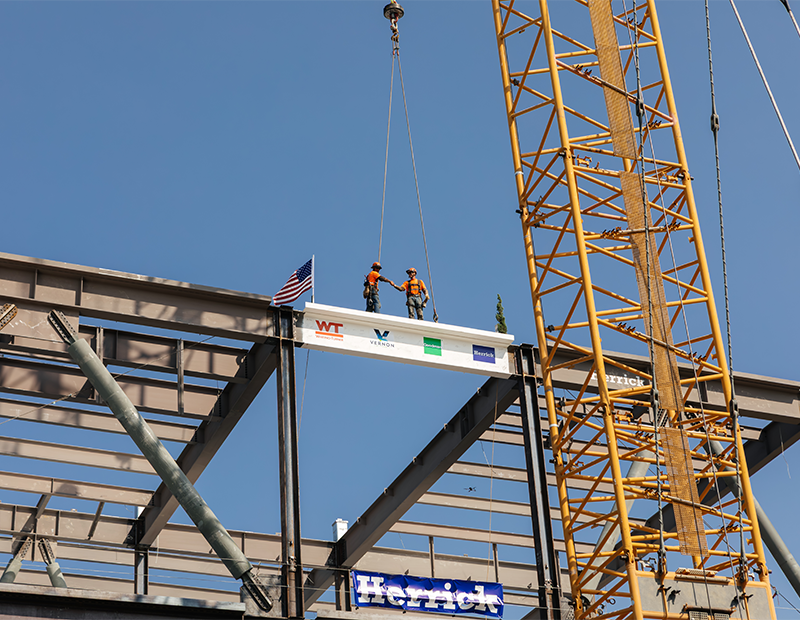
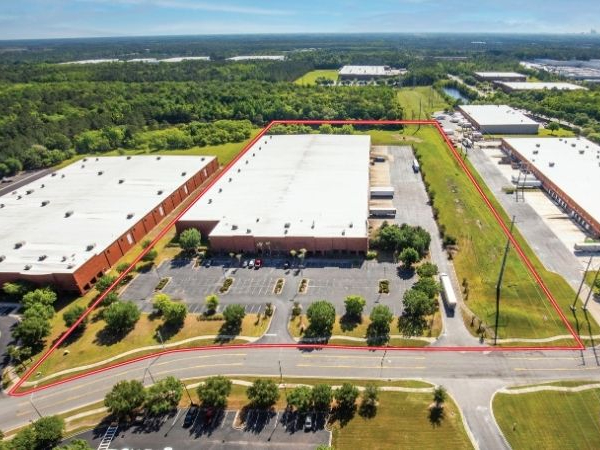

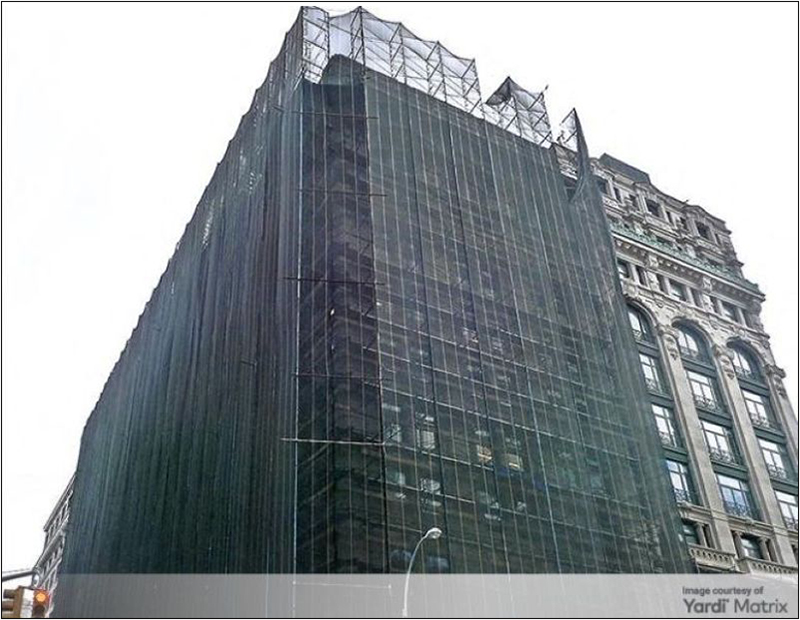
You must be logged in to post a comment.